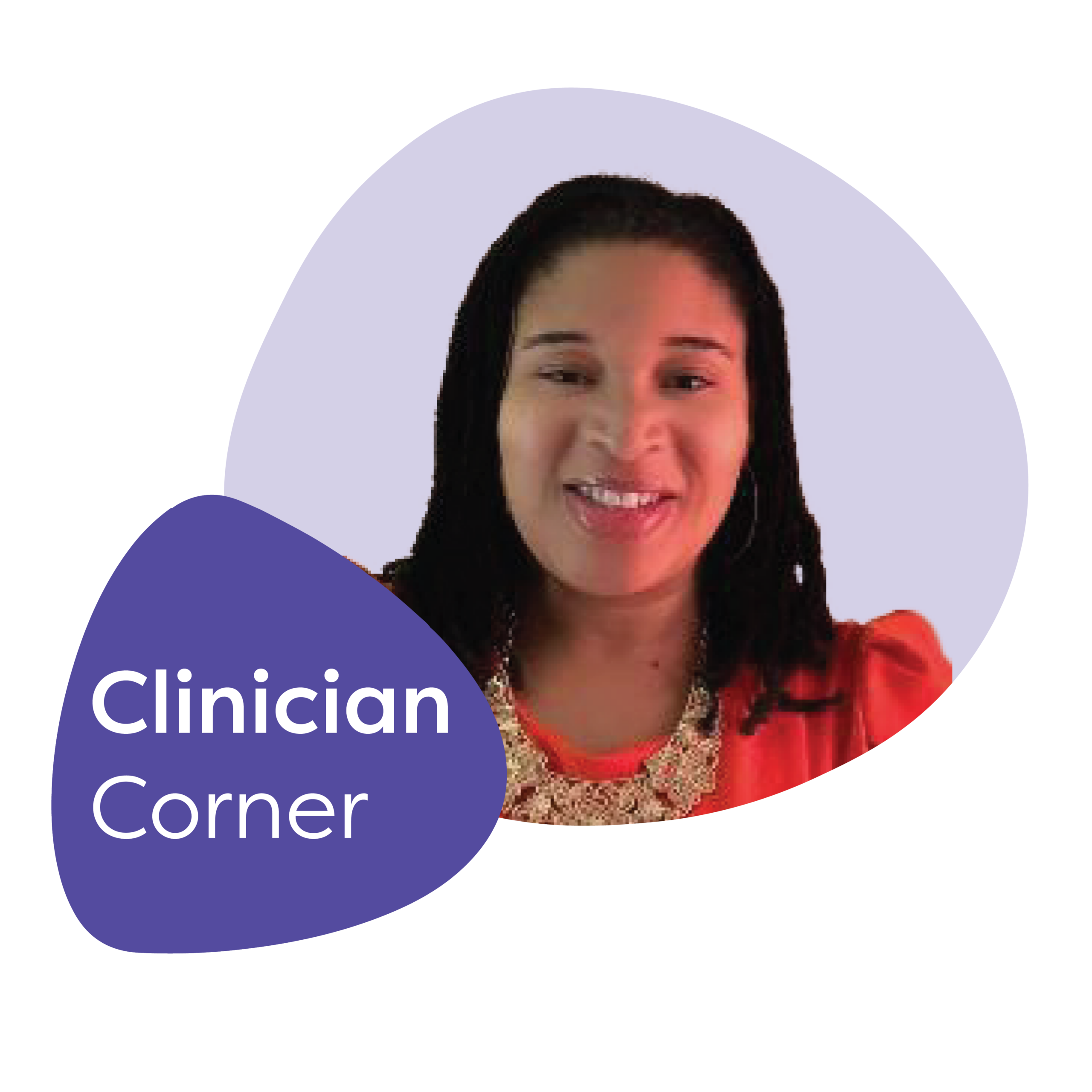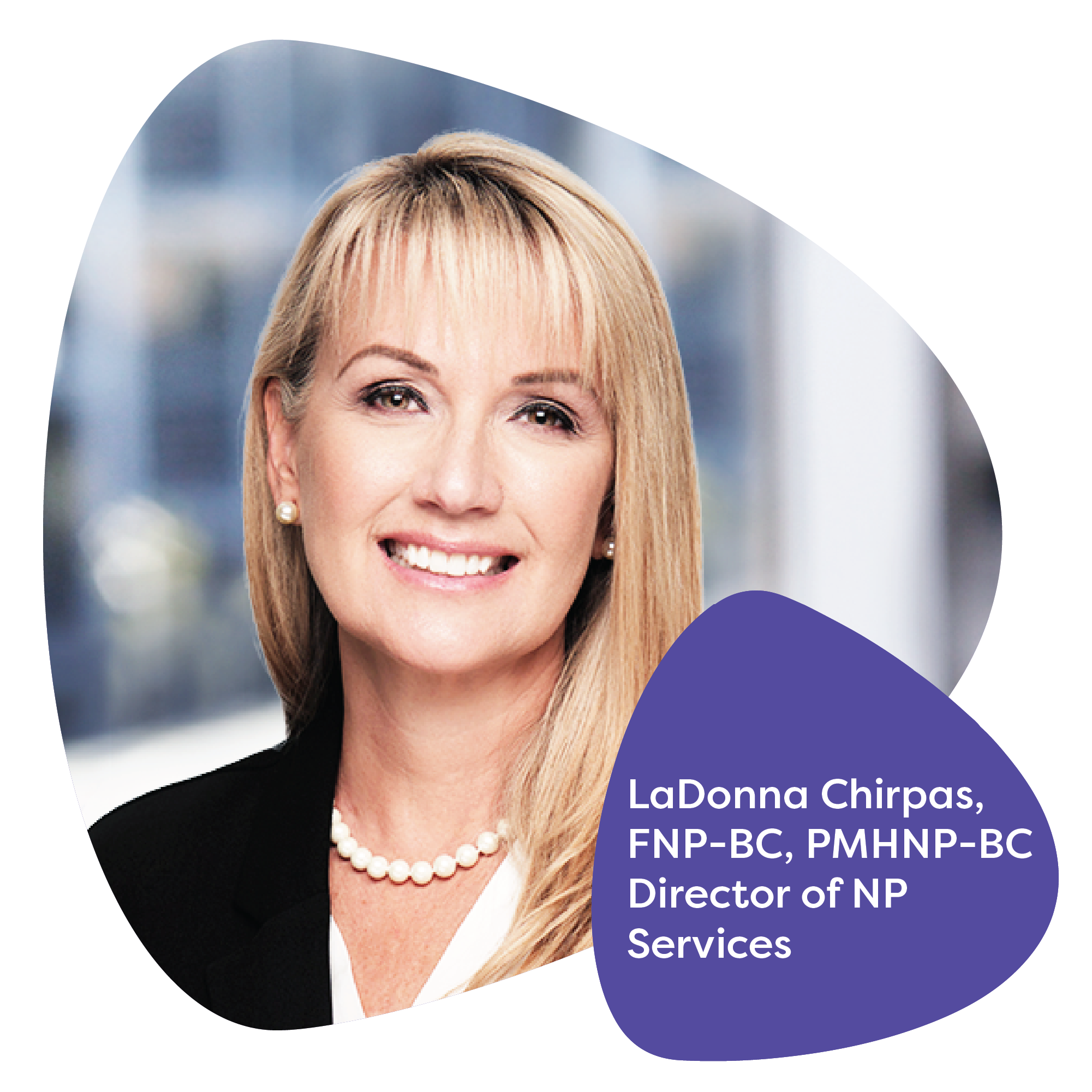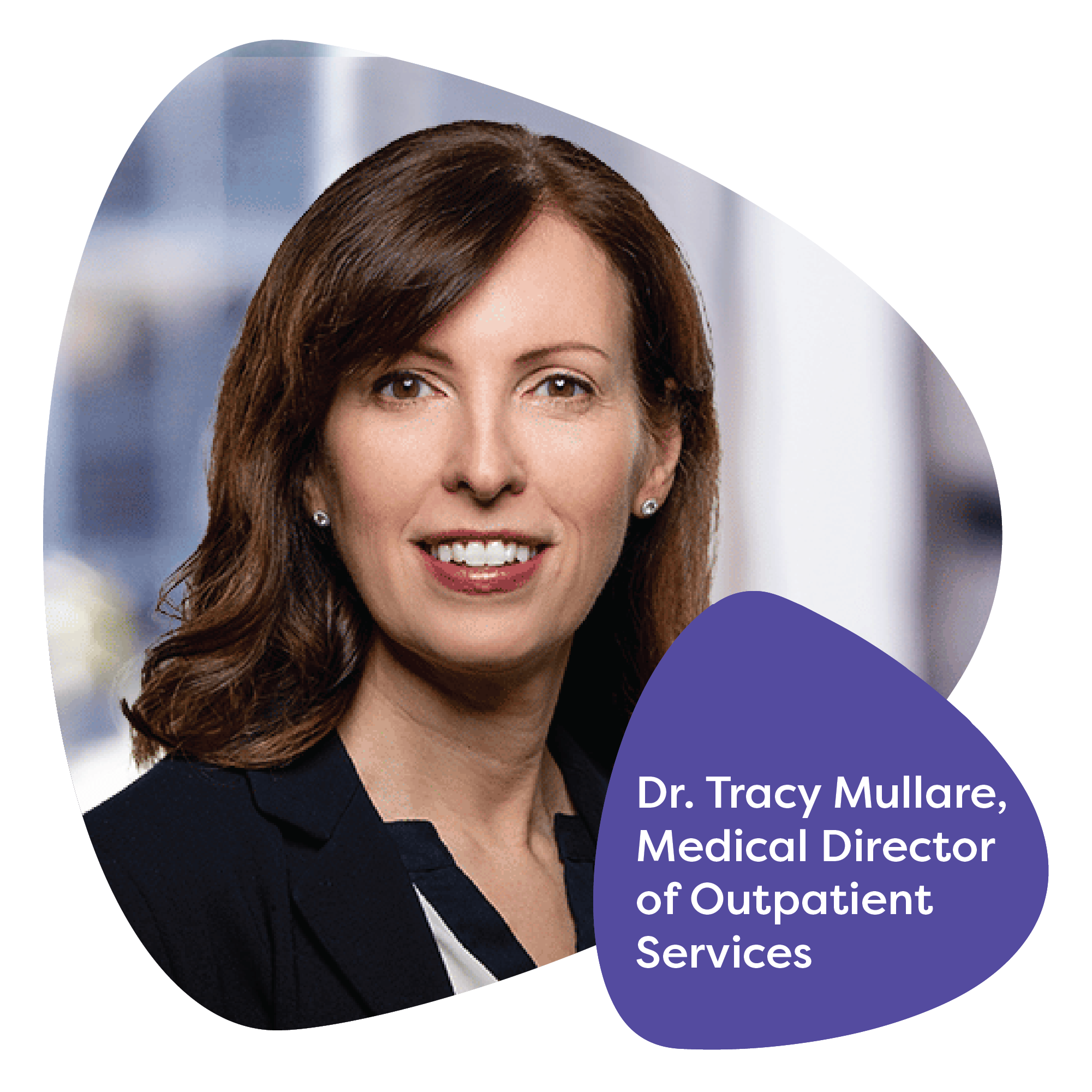Iris clinicians facilitate top-quality behavioral health care – averaging 2.3M patient encounters every year. We are proud of the work our providers do every day to fill care gaps and support healthcare organizations across the country by providing their communities with timely access to exceptional care.
Every month, we sit down with one of our providers to spotlight on the amazing work they’re doing every day and the impact they’re making on the communities they serve. This month, we’re sitting down to talk with Desiree Bridges, LCSW!
Q. How did you find Iris and decide you wanted to be an Iris provider?
A. I found Iris after another company I was given a job opportunity at delayed the hiring process. That experience helped me redefine my job search. I wanted to seek opportunities that invested in the community as well as the clinician. And I was looking for work life balance.
My kids have a lot of extracurricular activities, and I wanted to make sure I would be available for them and the community I serve. When I looked into Iris, I felt it aligned with everything I was looking for.
Q. How does telehealth compare to in-person care?
A. I’m an advocate for efficiency, so I believe that telehealth has an advantage over in-person care. Telehealth provides convenience and cuts down on travel time for the provider and the patient.
The patient can receive care from a private and comfortable location of their choice. It also provides accessibility to patients with limited access to healthcare – whether that’s due to their geographic location or a disability.
Telehealth opens the door to providing specialized care for various population types.
Q. As a healthcare professional, how do you manage work-life balance?
A. I am a believer in doing what you say. I encourage my patients to engage or invest in self-care, and I do the same. I make an intentional effort towards self-care by incorporating time in each day to do things I enjoy and spend quality time with my loved ones.
Q. What is the most rewarding part of your job?
A. The most rewarding part of my job is getting to spend more time connecting with patients and that they leave our session feeling empowered to make the changes they want to see in their lives.
With telehealth, we get to connect with those that otherwise may not have an opportunity to get the support they need.
Q. Why do you think telehealth is important to the future of mental health care?
A. Telehealth is an important tool to improve access to care for underserved communities and fill care gaps by offering specialized clinician’s patients otherwise wouldn’t be able to access.
Q. What advice would you give someone new to telehealth?
A. Telehealth is just as rewarding as in person as long as you’re open-minded, creative, and flexible. Telehealth can be just as an important part of our work, as in person is, and the only challenge is overcoming the limitations that we place upon ourselves.
Q. What do you love about working with Iris?
A. I was looking for work life-balance and I have achieved that goal in my current position. The support and attention given to providers and to patient care is phenomenal.
The company culture is geared towards success for both the provider and the patient. It also reduces burnout and gives the clinician an opportunity to have a voice.
There are opportunities for us to collaborate and get support from leadership. And I think that’s very valuable in a work setting.
At Iris, we believe our providers should be respected, valued, and applauded for the work they do, and we couldn’t be more proud to say, “thank you” to our very own Desiree Bridges. If you’d like to learn more about working for Iris Telehealth, contact us today.



